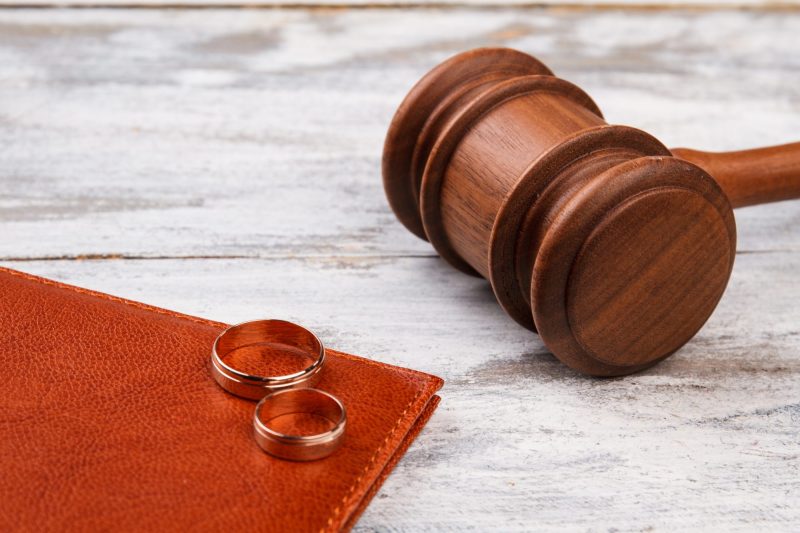 By Joe Palazzolo | The Wall Street Journal
By Joe Palazzolo | The Wall Street Journal
New York’s high court on Thursday will consider one of the first legal challenges to state and local laws that make it a crime for people to bully others online, especially children.
The 2010 Albany County law, one of more than a dozen around the country that criminalize cyberbullying, pits free-speech advocates against a community that has given prosecutors a larger role in affairs that typically had been handled by schools.
The court’s ruling could set the tone for other state high courts hearing challenges to such laws, as well as for states and localities considering criminal penalties for cyberbullying, legal experts said. Besides Albany, four other New York counties and more than a dozen states, including Louisiana and North Carolina, have similar laws.
Rose Law Group Cyber Law attorney Logan Elia comments:
The cyber-bullying laws are meant to address appalling behavior. We rightly condemn bullying. That feckless, mean spirited behavior offers nothing of value and extracts a significant toll from its victims. It is not the reason that we protect speech. To be valuable, speech should have purpose beyond a spiteful desire to inflict emotional distress. But, as much as I condemn cyber-bullying, I do not think that the criminal justice system is properly adapted to address the issue. I do not want to see us turn children into criminals because of childish behavior. I do not want to see the State imprisoning people for being mean.
Our civil justice system – where people sue each other without the risk of being incarcerated – has many mechanisms to prevent and redress bullying and harassment. A victim may sue for intentional infliction of emotional distress, defamation, or false light of invasion of privacy. All of these claims can carry significant civil penalties. Courts also have what is called “equitable power,” which is the inherent power to act fairly. Exercising that power, they may issue injunctions against harassment or other protective orders tailored to stop offensive behavior. Violating such orders can constitute contempt of court and be cause for incarceration. I am not sure whether the First Amendment protects cyber-bullying.
Regardless, when we are dealing with speech – and especially children’s speech – we should be reluctant to bring the impersonal juggernaut of the criminal justice system into play. There are already remedies at law. I think criminalizing this behavior will ultimately destroy more people than it protects.
If you’d like to discuss cyber law, contact Chris Ingle, chairman Rose Law Group Cyber-Law Department, cingle@roselawgroup.com




